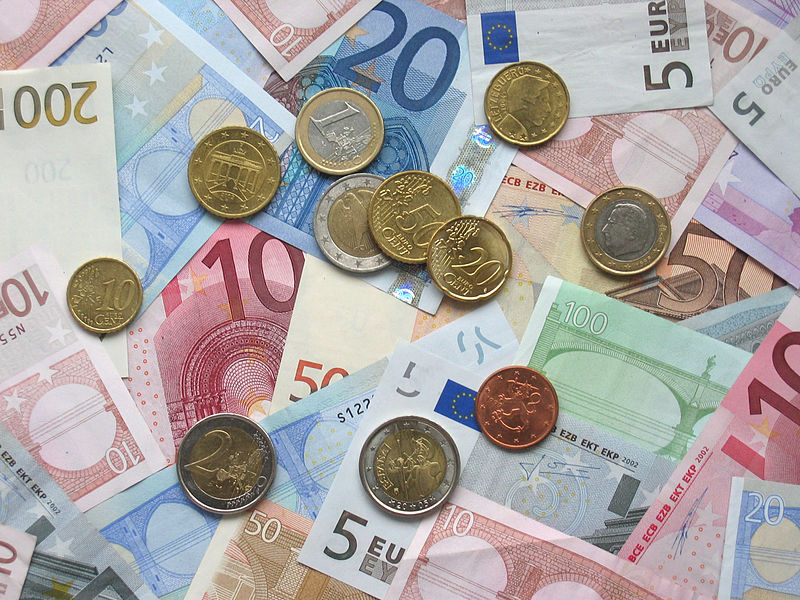Art 71 (1) of the Unified Patent Court Agreement enables natural persons who are unable to meet the costs of proceedings in the Unified Patent Court, either wholly or in part, to apply for legal aid at any time. The same paragraph continues that the conditions for granting legal aid are laid down in the Rules of Procedure.
I first discussed this topic in Legal Aid for the UPC on 25 Jan 2016. That was long before the adoption of the Rules of Procedure and references to "the Rules" in my article were references to the 18th draft which was published on 19 Oct 2015. The main difference between the adopted Rules and the 18th draft is that rule 377 (1) of the draft restricted eligibility for legal aid to natural persons who are citizens of the European Union or a third country national residing lawfully in a Member State of the European Union. I am glad to say that that qualification has been removed. Rule 377 (1) of the Rules now provides:
"The applicant shall be entitled to apply for legal aid where:(a) owing to his economic situation, he is wholly or partly unable to meet the costs referred to in Rule 376; and(b) the action in respect of which the application for legal aid is made has a reasonable prospect of success, considering the applicant’s procedural position; and(c) the claimant applying for legal aid is entitled to bring actions under Article 47 of the Agreement."
It would appear that nations or residents of any state can apply for legal aid so long as they meet the other requirements of the Rules.
As legal aid for intellectual property work in England and Wales was abolished by s.6 (6) and para 1 (1) (h) of Sched. 2 to the Access to Justice Act 1999, the availability of legal aid in the Unified Patent Court could attract many academics. research students and other individual inventors in the UK. As the UPC will interpret and apply the European Patent Convention which is also the basis of English and Welsh, Scottish and Northern Irish patent law it could resolve many disputes that would otherwise have been decided in the Patents Court or Intellectual Property Enterprise Court.
The Rules governing legal aid are Rules 377 to 382 and they are essentially the same as in the 18th draft. Readers can refer to my previous article for the purpose of the Rules, the costs that are covered, the payment of costs to successful unassisted parties, eligibility applications, withdrawal of legal aid and the recovery of legal aid payments. There is also a holding page on legal aid on the UPC's website.
British inventors cannot be represented before the UPC by British counsel and solicitors because art 48 of the UPC Agreement requires parties to be represented either by lawyers authorized to practise before a court of a contracting member state or European patent attorneys who are entitled to act as professional representatives before the European Patent Office pursuant to art 134 of the EPC and who have appropriate qualifications such as a European Patent Litigation Certificate. Nevertheless, it is worth mentioning that James Bridgeman SC of the Irish bar is an ad eundem member of my chambers' IP team. He has considerable experience in IP law as he practised as a trade mark attorney before he became a barrister. Although the Irish Republic has not yet ratified the UPC agreement it is a contracting member state. There is no reason why IP practitioners from these or other chambers could not assist Mr Bridgenman or other advocates in appropriate circumstances.
Anybody wishing to discuss this article may call me on 020 7404 5252 during office hours or send me a message through my contact form.



